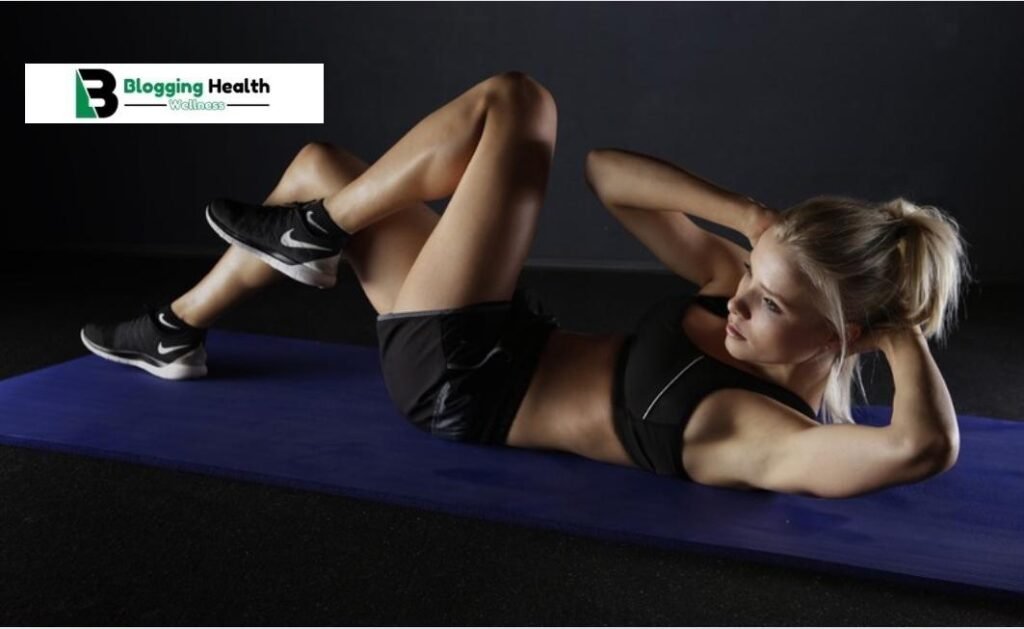Starting a fitness journey can feel hard, especially if you are new to exercise. But fear not! A well-structured beginner fitness plan can set you on the path to success, helping you build a strong foundation, develop healthy habits, and achieve your fitness goals. This guide will walk you through everything you need to know about beginner fitness plans, including tips, workouts, and FAQs to keep you informed and motivated.

Introduction to Beginner Fitness Plans
A beginner fitness plans is designed to introduce you to regular physical activity, build your fitness level gradually, and prevent injury. It typically includes a mix of cardiovascular exercises, strength training, flexibility exercises, and rest days to ensure a balanced approach. The goal is to create and maintained in the long run.
Why Start a Fitness Plan?

Embarking on a fitness plan offers numerous benefits, including:
- Improved Health: Regular exercise can help reduce the risk of chronic diseases, improve cardiovascular health, and enhance overall well-being.
- Weight Management: Exercise helps burn calories, build muscle, and boost metabolism, aiding in weight loss or maintenance.
- Mental Health: Physical activity releases stress, anxiety, and depression.
- Increased Energy: Regular exercise can improve energy levels and reduce fat in your body.
- Better Sleep: Exercise can help regulate sleep patterns, leading to better quality rest.
Components of a Beginner Fitness Plan

- Cardiovascular Exercise: Activities like walking, jogging, cycling, and swimming that increase your heart rate and improve cardiovascular health. At least 150 minutes of moderate-intensity cardio per week.
- Strength Training: Exercises that build muscle and strength, such as bodyweight exercises, resistance bands, and free weights. Start with two to three sessions per week, focusing on major muscle groups.
- Flexibility and Mobility: Stretching exercises and activities like yoga or Pilates that enhance flexibility and reduce the risk of injury.
- Rest and Recovery: Allowing time for your body to rest and recover is crucial for preventing burnout and injury.
Sample Beginner Fitness Plan
Week 1-4: Building a Foundation
Monday: 30 minutes of brisk walking or light jogging
Tuesday: Full-body strength training (bodyweight exercises)
Wednesday: Rest or light stretching
Thursday: 30 minutes of brisk walking or light jogging
Friday: Full-body strength training (bodyweight exercises)
Saturday: Rest or light stretching
Sunday: 30 minutes of recreational activity (e.g., biking, hiking)
Week 5-8: Increasing Intensity
Monday: 30-45 minutes of moderate-intensity cardio (jogging, cycling)
Tuesday: Full-body strength training (bodyweight exercises, resistance bands)
Wednesday: Rest or yoga/stretching
Thursday: 30-45 minutes of moderate-intensity cardio (jogging, cycling)
Friday: Full-body strength training (bodyweight exercises, resistance bands)
Saturday: Rest or yoga/stretching
Sunday: 30-45 minutes of recreational activity
Tips for Success
- Stay Hydrated: Drink plenty of water before, during, and after workouts.
- Fuel Your Body: Eat a balanced diet rich in nutrients to support your fitness journey.
Common Beginner Fitness Mistakes
- Overtraining: Pushing too hard too soon can lead to injury and burnout. Gradually increase the intensity of your workouts.
- Ignoring Form: Proper form is crucial to prevent injury and maximize effectiveness. Consider working with a trainer to learn correct techniques.
- Neglecting Recovery: Rest and recovery are essential for progress. Ensure you’re giving your body adequate time to recover between workouts.
- Setting Unrealistic Expectations: Understand that fitness is a journey, and progress takes time. Celebrate small victories along the way.
Conclusion
Starting a fitness journey can be both exciting and challenging. With a well-structured beginner fitness plans, you can build a solid foundation, improve your health, and develop lasting habits. Remember to set realistic goals, stay consistent, listen to your body, and celebrate your progress. By doing so, you’ll be well on your way to achieving your fitness goals and enjoying a healthier, more active lifestyle.
Frequently Asked Questions (FAQs)
1. How often should I work out as a beginner?
Aim for at least three to four days of exercise per week, incorporating a mix of cardiovascular and strength training exercises. Allow for rest days to facilitate recovery.
2. How long should my workouts be?
Begin with 20-30 minutes per session and gradually increase the duration as your fitness level improves. Eventually, aim for 45-60 minutes per workout.
3. Do I need special equipment to start?
Not necessarily. Bodyweight exercises, walking, and running require no equipment. As you progress, you can incorporate resistance bands, dumbbells, or gym equipment.
4. What should I eat before and after workouts?
Before workouts, eat a small meal or snack with carbohydrates and protein, such as a banana with peanut butter. After workouts, refuel with a balanced meal that includes protein, carbohydrates, and healthy fats.
5. How do I stay motivated?
Set clear, achievable goals, track your progress, and celebrate your achievements. Find a workout buddy, join a class, or hire a personal trainer for added accountability and support.


